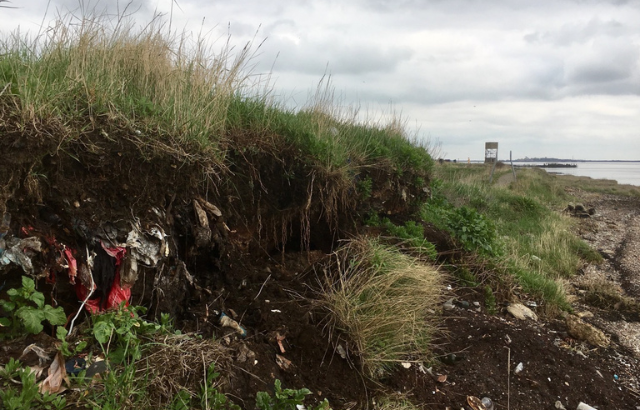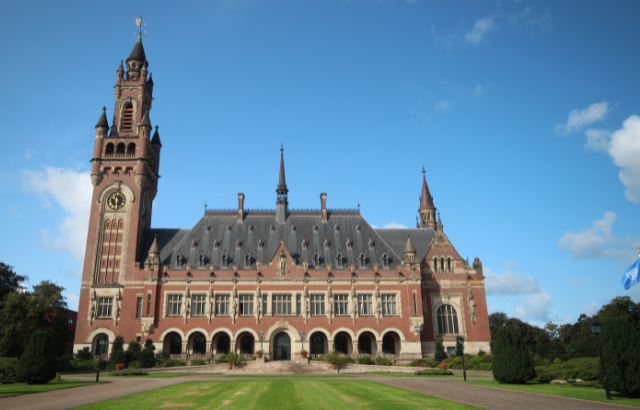Report highlights how universities can enrich their neighbourhoods
Universities can enrich their own neighbourhoods by developing long-term partnerships with community organisations, according to a new report by researchers at Queen Mary University of London (QMUL).

Shoreditch area, East London
Infrastructures for Impact explores the ways in which universities can make a positive and sustained contribution to public life through formal Community-University Partnerships (CUPs).
Rather than the ad-hoc collaborations that occur in all universities, CUPs support lasting collaboration with community groups in areas like research, volunteering, and teaching.
The USA has a long tradition of this kind of collaboration in its land-grant universities but also in relation to service-based learning for students.
Impact
In the UK, this approach is becoming more common, in part due to the requirements that universities deliver ‘impact’ from their research and improve the employability of students, but also due to philosophical debates about the benefits of co-producing knowledge, ideas and practice.
The report was written by Professor Jane Wills and Liam Harney, from QMUL’s School of Geography. Interviews were conducted with representatives from nine Community-University Partnerships (CUPs) in the UK and six in the USA.
Examples from the UK include Cardiff’s Community Gateway, dedicated to the Grangetown area of the city; De Montfort’s Square Mile Programme, focused on Leicester City; Leeds Beckett’s CommUNIty, which has a number of priority partnerships as the focus for its work; Brighton’s Community University Partnership Programme (CUPP), which invites interest from across the local region; and Queen’s University’s Science Shop.
Benefits for society
The reported benefits from CUPs included academic innovation, encountering new ideas, increased job satisfaction, enhanced student learning, practical problem-solving by working with communities rather than doing things to them, and being able to ‘scale-up’ good ideas to wider policy forums.
Lead author, Liam Harney said: “Through my work in the E14 area of London I have become convinced of the importance of universities working in partnership with their local communities. Universities have much to offer to communities working to address pressing social issues.”
Liam’s co-author, Professor Jane Wills was announced this week as a commissioner for the new independent Commission on the Future of Localism.
The commission is chaired by Lord Kerslake – the President of the Local Government Association and former Head of the UK Civil Service. The commission will examine what is needed to reinvigorate local democracy and empower communities.
The report was launched at the QMUL’s Mile End Institute by Lord David Blunkett.
More information
Related items

10 December 2024

10 December 2024
For media information, contact:
